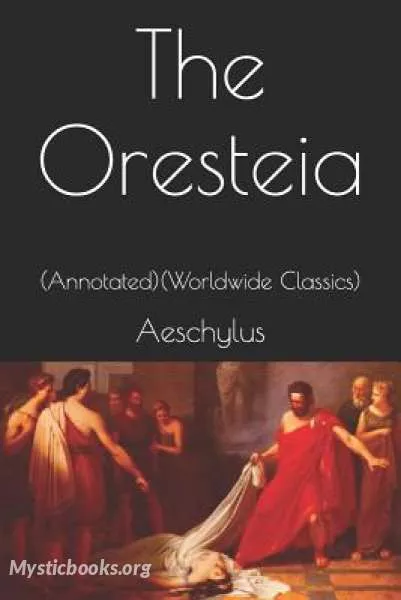
The Oresteia
by Aeschylus
'The Oresteia' Summary
Agamemnon (Ἀγαμέμνων, Agamémnōn) is the first of the three plays within the Oresteia trilogy. It details the homecoming of Agamemnon, King of Mycenae, from the Trojan War. After ten years of warfare, Troy had fallen and all of Greece could lay claim to victory. Waiting at home for Agamemnon is his wife, Queen Clytemnestra, who has been planning his murder. She desires his death to avenge the sacrifice of her daughter Iphigenia, to exterminate the only thing hindering her from commandeering the crown, and to finally be able to publicly embrace her long-time lover Aegisthus.
The play opens to a watchman looking down and over the sea, reporting that he has been lying restless "like a dog" for a year, waiting to see some sort of signal confirming a Greek victory in Troy. He laments the fortunes of the house, but promises to keep silent: "A huge ox has stepped onto my tongue." The watchman sees a light far off in the distance—a bonfire signaling Troy's fall—and is overjoyed at the victory and hopes for the hasty return of his King, as the house has "wallowed" in his absence. Clytemnestra is introduced to the audience and she declares that there will be celebrations and sacrifices throughout the city as Agamemnon and his army return.
Upon the return of Agamemnon, his wife laments in full view of Argos how horrible the wait for her husband, and King, has been. After her soliloquy, Clytemnestra pleads with and convinces Agamemnon to walk on the robes laid out for him. This is a very ominous moment in the play as loyalties and motives are questioned. The King's new concubine, Cassandra, is now introduced and this immediately spawns hatred from the queen, Clytemnestra. Cassandra is ordered out of her chariot and to the altar where, once she is alone, is heard crying out insane prophecies to Apollo about the death of Agamemnon and her own shared fate.
Inside the house a cry is heard; Agamemnon has been stabbed in the bathtub. The chorus separate from one another and ramble to themselves, proving their cowardice, when another final cry is heard. When the doors are finally opened, Clytemnestra is seen standing over the dead bodies of Agamemnon and Cassandra. Clytemnestra describes the murder in detail to the chorus, showing no sign of remorse or regret. Suddenly the exiled lover of Clytemnestra, Aegisthus, bursts into the palace to take his place next to her. Aegisthus proudly states that he devised the plan to murder Agamemnon and claim revenge for his father (the father of Aegisthus, Thyestes, was tricked into eating two of his sons by his brother Atreus, the father of Agamemnon). Clytemnestra claims that she and Aegisthus now have all the power and they re-enter the palace with the doors closing behind them.
Book Details
Authors
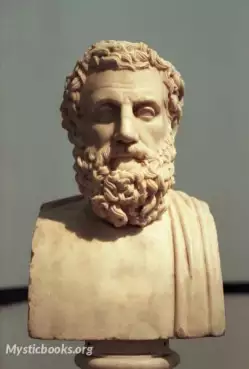
Aeschylus
Greece
Aeschylus was an ancient Greek author of Greek tragedy, and is often described as the father of tragedy. Academics' knowledge of the genre begins with his work, and understanding of earlier Greek trag...
Books by AeschylusDownload eBooks
Listen/Download Audiobook
- Select Speed
Related books

Wild Knight and Other Poems by Gilbert K. Chesterton
Gilbert K. Chesterton's "The Wild Knight and Other Poems" is a collection of verse exploring themes of wonder, faith, and the inherent beauty of the w...

The Jew of Malta by Christopher Marlowe
The Jew of Malta (1589) is an original story of religious conflict, intrigue, and revenge, set against a backdrop of the struggle for supremacy betwee...
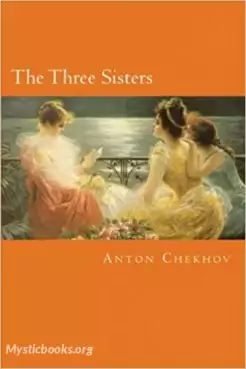
The Three Sisters by Anton Chekhov
Three Sisters is a play by the Russian author and playwright Anton Chekhov. It was written in 1900 and first performed in 1901 at the Moscow Art Theat...
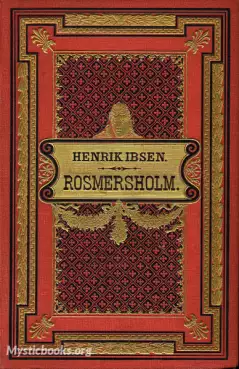
Rosmersholm by Henrik Ibsen
Rosmersholm is a play written by Norwegian playwright Henrik Ibsen in Danish—the common written language of Denmark and Norway at the time—and origina...
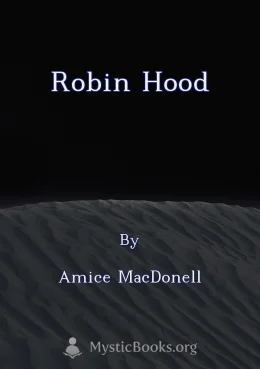
Robin Hood by Amice MacDonell
This classic tale of Robin Hood is brought to life in this delightful audio play. Join Robin and his Merry Men as they outwit the Sheriff of Nottingha...

Woyzeck by Georg Büchner
Woyzeck ist ein Dramenfragment des deutschen Dramatikers und Dichters Georg Büchner. Büchner begann vermutlich zwischen Juni und September 1836 mit de...

Shakespeare Monologues Collection vol. 05 by William Shakespeare
This is the fifth collection of monologues from Shakespeare’s plays. Containing 20 parts. William Shakespeare (April 26, 1564 – April 23, 1616) rema...
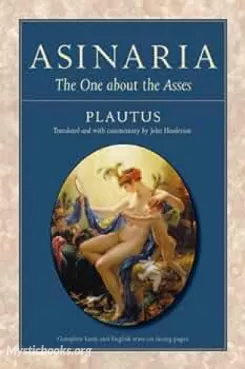
Asinaria; or, The Ass-Dealer by Titus Maccius Plautus
In the lively and comedic play "Asinaria; or, The Ass-Dealer" by Titus Maccius Plautus, ancient Athens becomes the backdrop for a tale of greed, love,...

Conqueror Worm by Edgar Allan Poe
'Conqueror Worm' is a dramatic and haunting poem by Edgar Allan Poe. It explores themes of mortality, the fleeting nature of life, and the ultimately...

The Comedy of Errors by William Shakespeare
The Comedy of Errors is one of William Shakespeare's early plays. It is his shortest and one of his most farcical comedies, with a major part of the h...
Reviews for The Oresteia
No reviews posted or approved, yet...